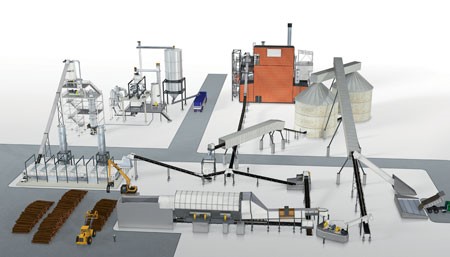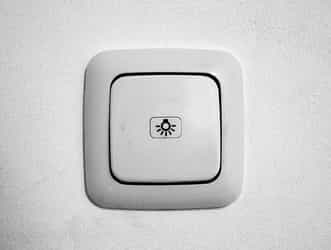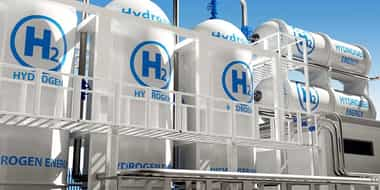Over the last decade, increased interest in the use of alternative fuels, including biomass and solar energy, has translated into increased boiler research and development in these categories. Recent advances include deployment of new or updated utility-scale designs for concentrating solar arrays that feed boilers, as well as advances in coal/biomass co-firing and biomass-only firing for both utility-scale and industrial-scale processes.
Industrial boilers operate using various fuels. Some of these fuels are consistent in composition (e.g., liquid fuels), whereas others are significantly more variable, like biomass, which can contain comparatively large amounts of water, inerts (e.g., rock, dirt) and other components, and they can vary tremendously in quality from one shipment to the next.
Pellet fuels (or pellets) are biofuels made from compressed organic matter or biomass. Pellets are made from one of five general categories of biomass: industrial waste and co-products, food waste, agricultural residues, energy crops, and virgin lumber.
FINLAND-BASED COMPANY’S BLACK PELLETS TRUMP WHITE PELLETS
Wood pellets, the most common type of pellet fuel, are usually made from compacted sawdust and related industrial wastes from associated industries such as lumber mills, manufacturers of wood products, and construction companies. Owing to their color, wood pellets are often called “white pellets.”
Renewable woody biomass feedstock is widely available globe at competitive prices across the globe. However, transporting this biomass feedstock to its end users is often inefficient, largely due to the high moisture content of these white pellets.
One Finland-based company has introduced a new production plant for biomass “black pellets” that may solve some of the problems associated with traditional white pellets, as well as perhaps creating a new revenue stream for biomass power plants.
Black pellets are a type of renewable biomass fuel that can replace fossil coal in power plants, significantly reducing carbon emissions. According to Valmet, a developer and supplier of technologies, automation and services for the pulp, paper and energy industries, its steam-exploded black pellets are safer, more cost-effective, and deliver more energy than conventional “white” biomass pellets.
MINIMIZING CAPITAL EXPENDITURE
The solid biomass fuel produced in Valmet’s black pellet plant is steam exploded, which allows it be ground into a reactive powder suitable for burning in large-scale power boilers or in specialized pellet-burning systems.
The company claims the black pellets can replace fossil coal up to 100% in smaller units and up to 70% in larger units. The powder produced by grinding has a relatively high bulk density and is free flowing, meaning it’s ideal as a feed material to entrained flow gasification systems as well.
“Black pellets contain and retain more energy than white pellets,” says Mattias Erixon, Valmet’s senior sales manager. “There is no self-heating or off-gassing and the low amount of dust minimizes the risk of fire hazards. They grind and burn more like coal than white pellets, which saves customers both capital and operational expenses”
Because of their higher wet and dry durability, black pellets are cheaper to ship than white pellets. According to Valmet, black pellets also hold about 15% more energy per ton and have 15% higher bulk density than white pellets.
The company estimates shipping savings of about 30% with black pellets compared to white pellets, regardless of prevailing fuel prices. Also, unlike with white pellets which disintegrate in the rain, black pellets can be handled and loaded/unloaded in wet weather.
Zilkha Biomass, Valmet's technology partner, has completed nine full-scale tests of the final black pellet product at utilities across Europe and Japan, in units ranging from 80 MW to 500 MW in size. In total, over 9,000 tons of black pellets have been tested by potential utility customers.
“Valmet offers both complete production lines for steam exploded black pellets and revamps of existing white pellet plants. These high-energy-density, water-resistant pellets are suitable for transportation and opens up opportunities for new income streams for our customers”, says Erixon.




